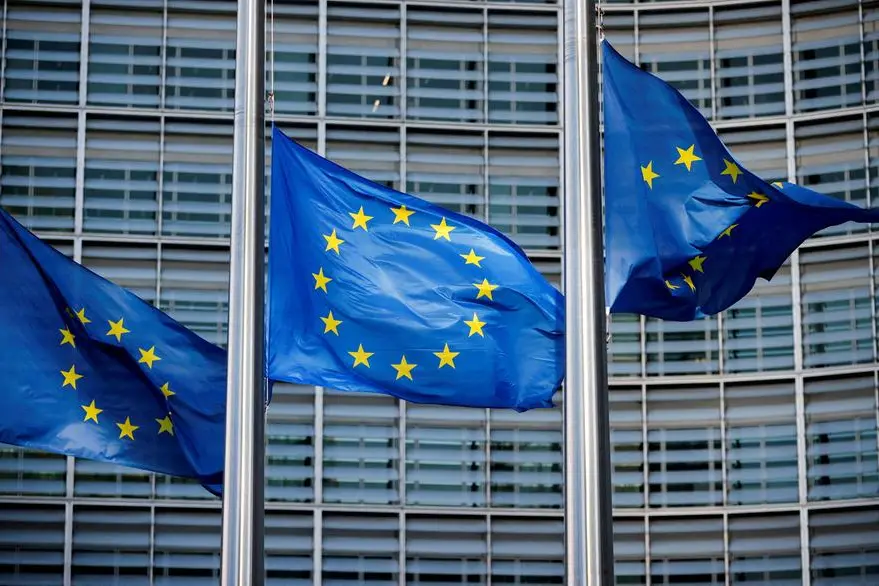PHOTO
BRUSSELS - A group of EU countries led by Austria is calling for urgent revisions to the bloc's anti-deforestation law set to go into effect at the end of the year, saying it could hurt European farmers, according to a document reviewed by Reuters on Monday.
The EU law aims to root deforestation out of supply chains for beef, soy and other agricultural products sold in Europe, so that European consumers are not contributing to the destruction of global forests from the Amazon to Southeast Asia.
Those rules equally apply to European farmers, who will be banned from exporting products cultivated on deforested or degraded woodlands.
"The agreed overall objective of tackling deforestation in third countries must not be to the detriment of the European economy, in particular the European agriculture and forestry sector," said the document, which was also signed by Finland, Italy, Poland, Slovakia, Slovenia and Sweden.
EU leaders have in recent weeks watered down numerous environmental policies in an attempt to quell months of protests by angry farmers, some of whom have criticised the bloc's green policies as excessive.
EU countries' agriculture ministers are set to discuss the document at a meeting in Brussels on Tuesday.
In the document, the EU countries said producers in low risk nations - a category likely to include many EU members - should be exempt from requirements, while the burden for certifying products as deforestation-free should be "drastically reduced" within the EU.
As the law stands, farmers switching from conventional to organic methods, for example, may need to expand their area but would be discouraged from doing so in forest-rich EU nations, they said.
The EU information system for tracking compliance is not prepared to by implemented when the law is supposed to go into effect on Dec. 30, the letter said.
EU environment commissioner Virginijus Sinkevicius - who this month toured South American countries in a bid to soothe those nations' concerns over the policy - questioned the timing of the complaints over a law that EU countries and lawmakers themselves approved last year.
"It's very strange for me that, you know, 100 days before elections, suddenly we find issues in the legislation which we've been discussing 2-1/2 years," Sinkevicius told a news conference on Monday, referring to the upcoming EU Parliament election in June.
(Reporting by Kate Abnett in Brussels and Jake Spring in Sao Paulo; editing by Costas Pitas)





















